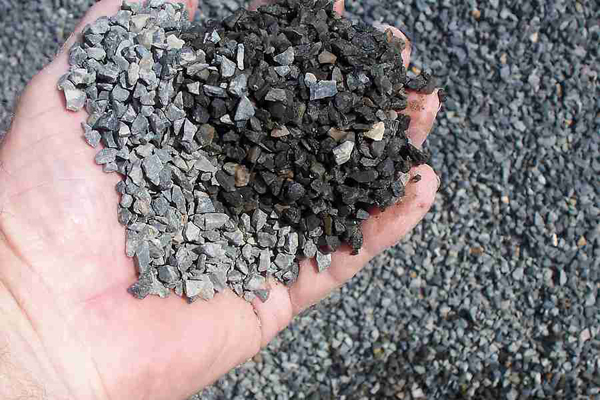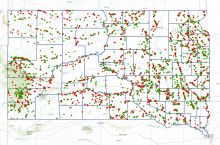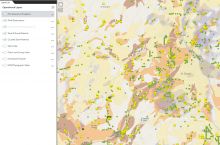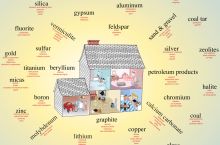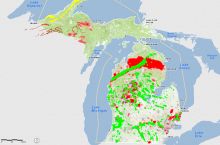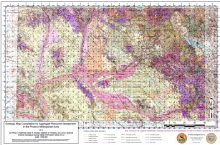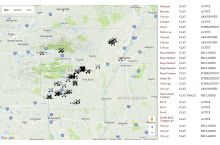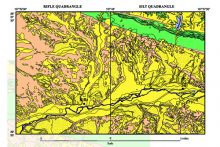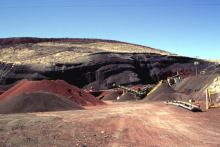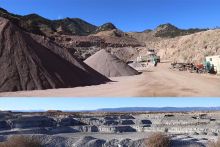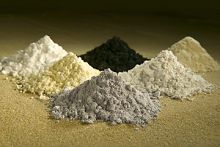Industrial minerals are non-metals including crushed rock, sand, and gravel. They are essential for construction of buildings and highways, and are used in many household products and industrial processes.
Basics
Industrial minerals are non-metal and non-fuel mineral resources including, for example, crushed rock, gravel, clays, sand (silica), gypsum, bentonite, and barite. They are the fundamental ingredients of roads and buildings, and they are essential for many industrial, commercial, and personal products and activities. Read more
Frequently Asked Questions
Do you have a question that's not listed here? Search all FAQs
Explore Related Topics
Critical minerals are those that are essential to the economy and whose supply may be disrupted. Critical minerals also tend to be those on which a country is heavily import-reliant, so the minerals that are deemed critical will vary from country to country. Demand for many of these minerals has skyrocketed in recent years with the spread of high-tech devices that use a wide variety of materials.
Metals are found in many different places around the world. Many natural Earth processes affect their distribution and abundance. Metals are essential to our economy and lifestyle, and the global demand for metals continues to rise.
Global demand is rising for mineral resources of all kinds, including metals, industrial minerals, and solid fuels like coal. Mineral resources are unequally distributed around the globe, reflecting the vast differences in geology of different parts of the Earth. Geoscientists play an essential role in locating mineral resources and designing processes for their safe extraction.
Mining is essential to meet rising global demand for minerals. Geoscientists locate mineral resources and figure out how to extract them economically while minimizing health and environmental impacts. The method of mining, as well as potential environmental impacts, depends on the type of resource being mined.

